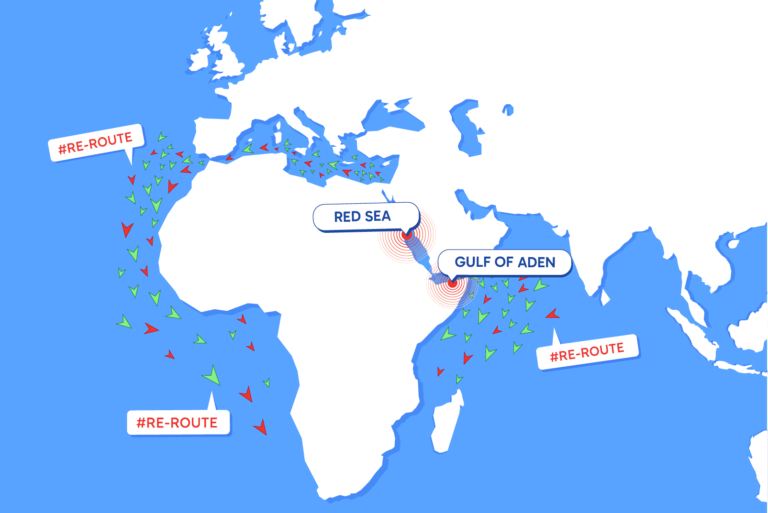Turkey, nestled at the crossroads of Europe and Asia, offers a dynamic and rapidly growing market for businesses of all sizes. With its strategic location, favourable investment climate, and skilled workforce, Turkey presents lucrative opportunities for foreign investors. If you’re considering unlock business potential or starting afresh, here’s why setting up a company in Turkey and your guide to setting Up a company in Turkey that makes excellent business sense. Let’s read how to unlock your potential and setting up a company in Turkey.
Key Advantages of Setting Up a Company in Turkey
Strategic Location: Turkey’s unique positioning provides easy access to European, Middle Eastern, and Central Asian markets, offering a vast potential customer base.
Growing Economy: Turkey boasts a robust and burgeoning economy, consistently demonstrating growth and potential. Read Latest News about Turkish Economy.
Government Incentives: The Turkish government actively encourages foreign investment with various incentives, including tax breaks, subsidies, and land allocations.
Skilled Workforce: Turkey has a young, well-educated, and cost-effective workforce, ensuring competitive labor costs.
Free Trade Zones: Turkey offers numerous Free Trade Zones, providing exemption from customs duties and tax advantages, promoting export-oriented businesses. Find Free Trade Zones around Turkey.
Steps to Setting Up a Company in Turkey
Choose Your Company Type: The most common company structures in Turkey include Limited Liability Company (LLC) and Joint Stock Company (JSC). Seek professional advice on the best structure for your business.
Prepare Necessary Documentation: Collect the required documents, such as Articles of Association, notarized power of attorney, passport copies, and tax identification numbers.
Register Your Company: Submit the documents to the relevant Trade Registry Office and obtain a tax identification number.
Open a Bank Account: Open a corporate bank account in Turkey for financial transactions.
Obtain Work and Residence Permits: Apply for the necessary permits for any foreign employees or business owners.
Tips for Success
Seek Professional Guidance: Consult with legal and financial experts to navigate the regulatory landscape and ensure compliance.
Learn the Language and Culture: While not mandatory, understanding Turkish language and customs can significantly enhance business relationships.
Build Local Partnerships: Partnering with established Turkish companies can provide valuable insights and market access.
– Setting up a company in Turkey
– Investing in Turkey
– Turkey business opportunities
– Advantages of doing business in Turkey
– Turkey company formation
Are you ready to take advantage of the exciting opportunities Turkish markets offer?
Contact our experts today to discuss your business expansion goals in Turkey.








